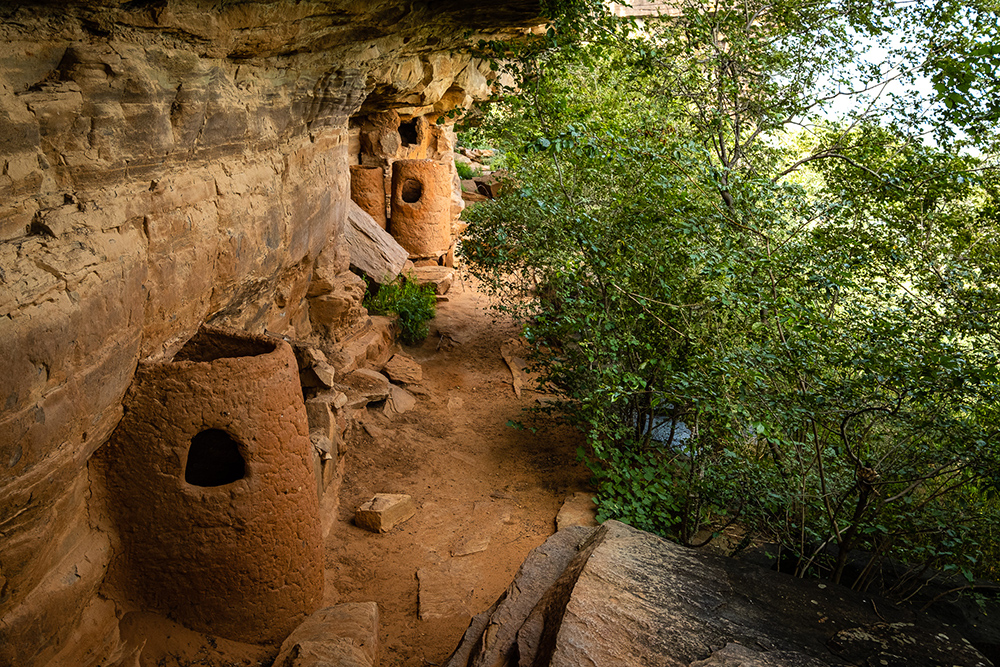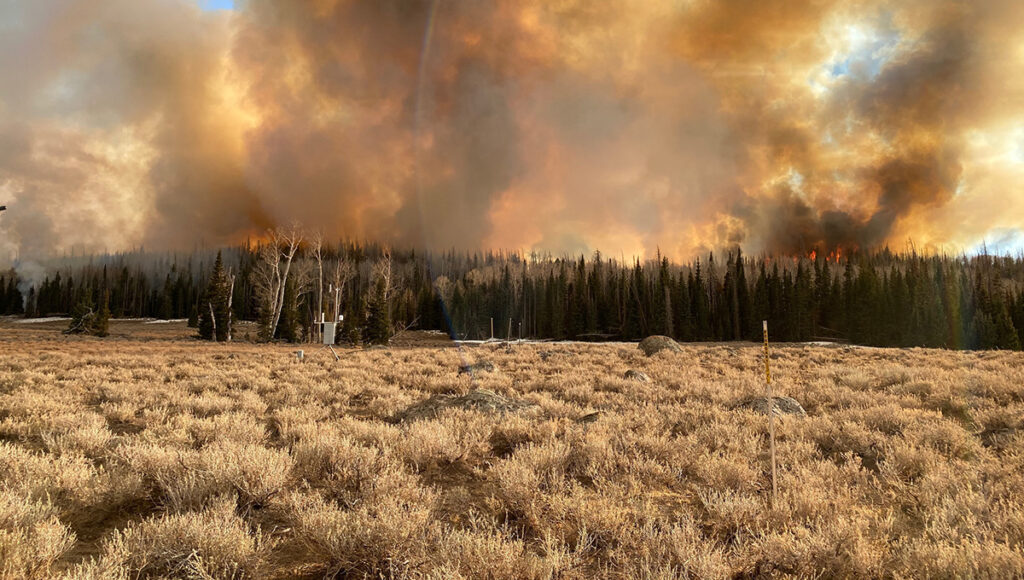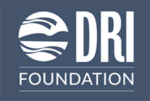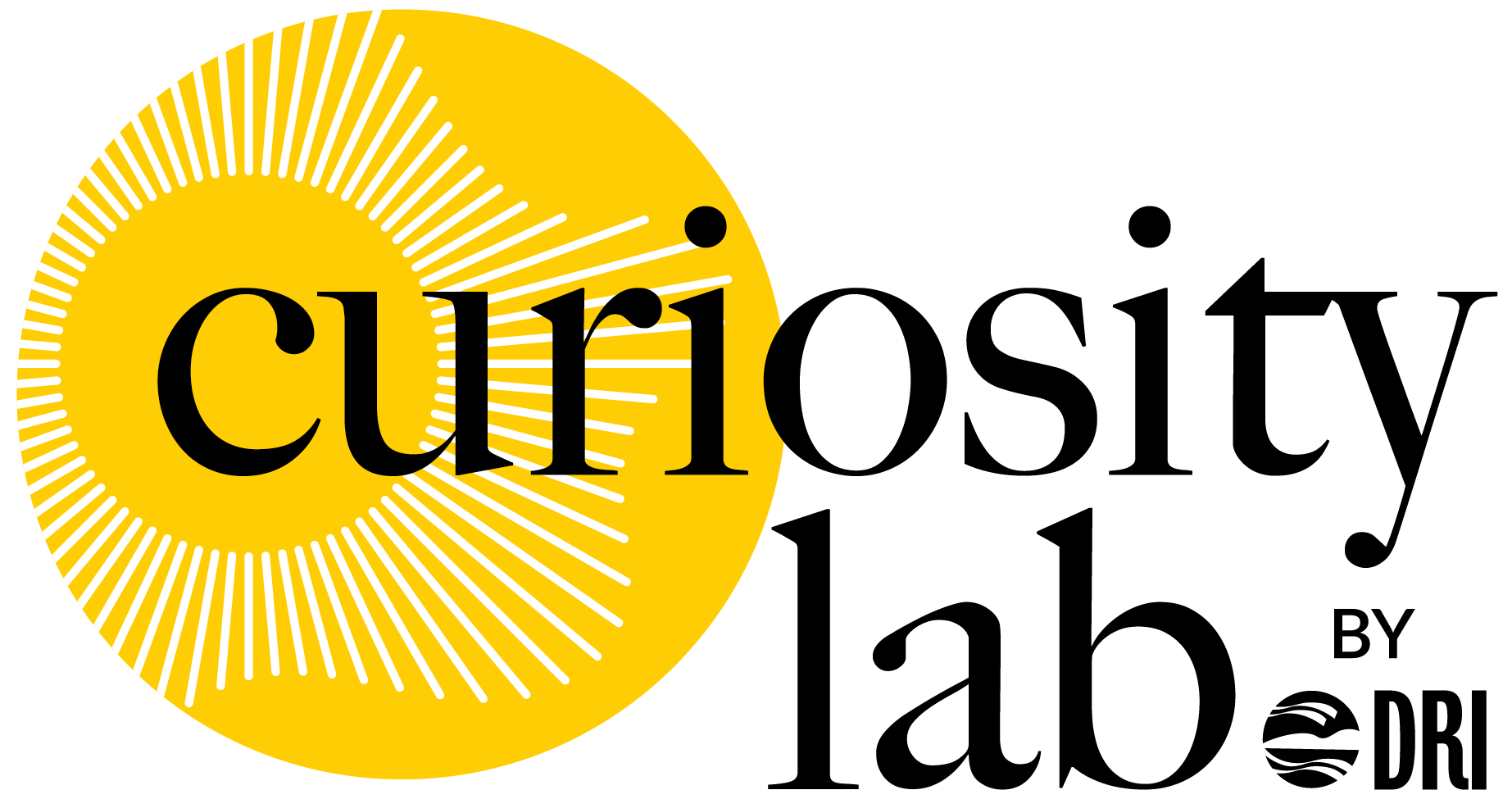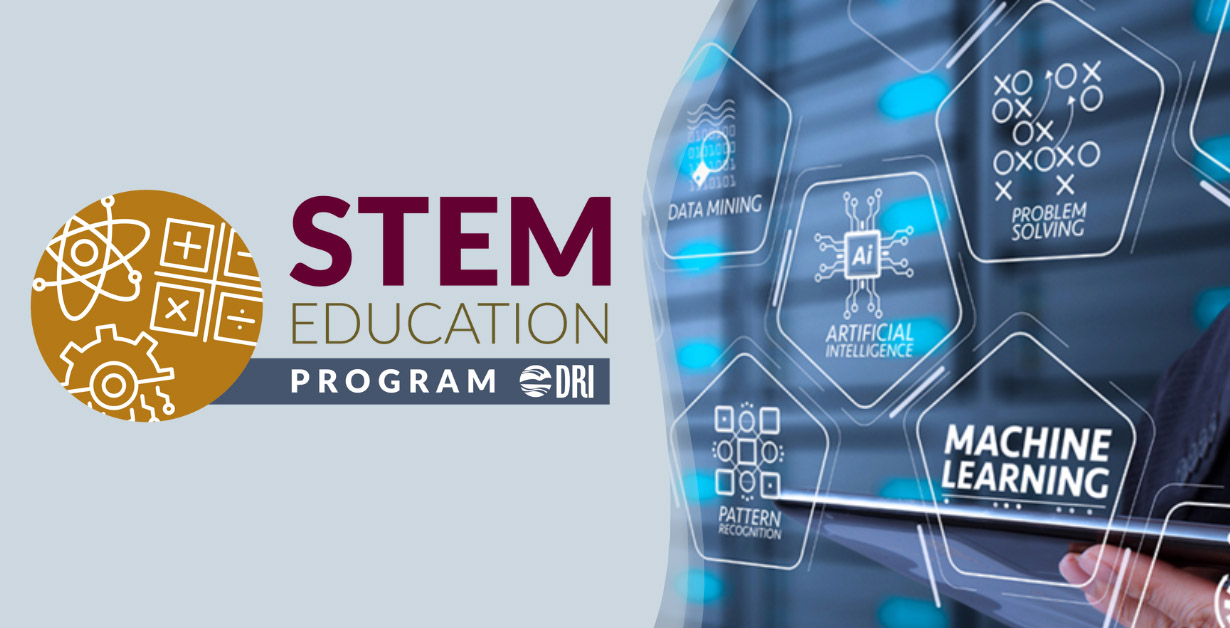We envision a world in which trust between scientists and the public forms the basis for a more sustainable and resilient environment for all people to live, grow, and prosper.
New Study Traces Indigenous Population Shifts in North America Before Europeans
DRI’s Erick Robinson, Associate Research Professor of Climate and Archaeology, co-authored a new study that provides insight into North America’s Indigenous communities prior to European contact. The research found that although Indigenous populations varied regionally, the continent saw a population peak around 1150 A.D. before experiencing declines, likely stemming from drought, disease, emigration and warfare. A brief recovery around 1500 A.D. was followed by a sharp decrease upon the arrival of Europeans.
Floods, Droughts, Then Fires: Hydroclimate Whiplash is Speeding up Globally
DRI’s Christine Albano co-authored a new study that examines how a warming climate is creating an atmosphere more prone to extreme weather. This “hydroclimate whiplash” is evident in California’s recent weather, with winters filled with repeated atmospheric river storms driving the plant growth that the dry summers then parched, providing plentiful fuel for explosive wildfires.
What We Know About Wildfire Risk and Prevention
DRI scientists conduct a wide range of research on wildfire related topics to help policymakers, fire managers, and community members navigate challenges to public safety and health. In this Q&A, a selection of our scientists answer some of the most pressing questions about the environmental conditions that lead to the most devastating blazes and offer previews into some of their most relevant research.
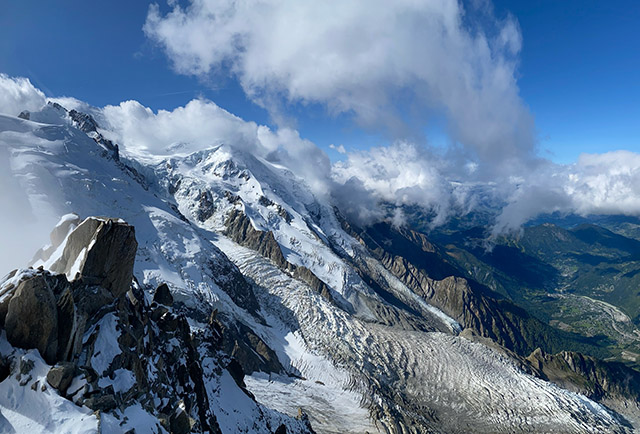
Research Highlights
Check out our latest Research Highlights 2026 Volume 1 Storymap to see a selection of DRI's science that matters now.
DRI presents a series of community-based events across Nevada that celebrate how science shapes our lives, fuels creativity, and deepens our understanding of the world by underscoring the transformative power of curiosity and knowledge.
Learn more and purchase tickets!
All Upcoming Events
More than 60 years of scientific discovery and innovation, in Nevada and around the world
Since 1959, the faculty, students, and staff at DRI have advanced scientific knowledge to help solve pressing environmental challenges and improve human health. With more than 600 employees, over 300 projects on all seven continents, and two world-class research campuses in Reno and Las Vegas, DRI serves as one of the eight institutions in the Nevada System of Higher Education.
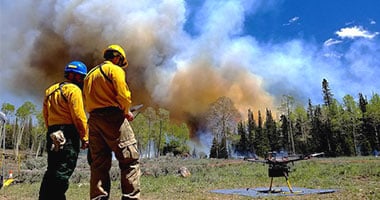
Atmospheric Sciences
Research and services related to air quality and associated health risks, climate, cloud and aerosol physics, renewable energy, fire science, and atmospheric dynamics.
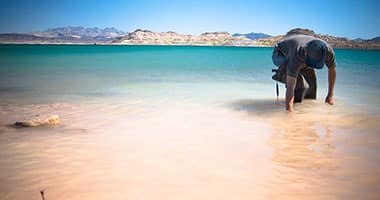
Hydrologic Sciences
Research, development, and education services contributing to society’s fundamental understanding of hydrologic systems and advancing the sustainability of water resources.
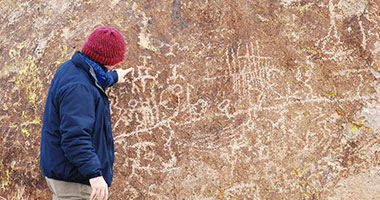
Earth & Ecosystem Sciences
Research in the life & earth sciences, particularly those dealing with the complex interactions of geological processes, organisms, biological communities, and human societies.
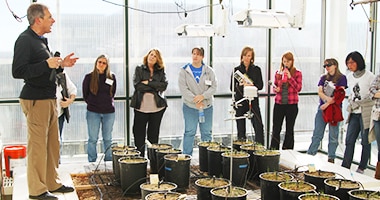
Education & Workforce Development
Training Nevada's K-12 teachers and providing professional development opportunities and training for education-based activities.
Environmental Research Areas
DRI faculty and staff work in over 40 scientific fields on all seven continents.
40 Laboratories and Facilities
DRI has more than 40 specialized labs and facilities on research campuses in Reno and Las Vegas.
60 Years of Scientific Excellence
Since 1959, DRI has contributed to solving our toughest environmental challenges.
As a non-profit, we rely on your support.
By making a gift to DRI, you’re providing the resources our scientists need to better understand and address the challenges posed by our changing planet.
